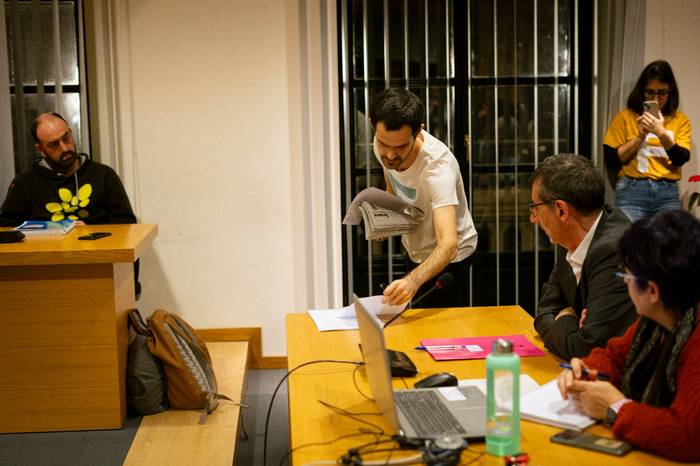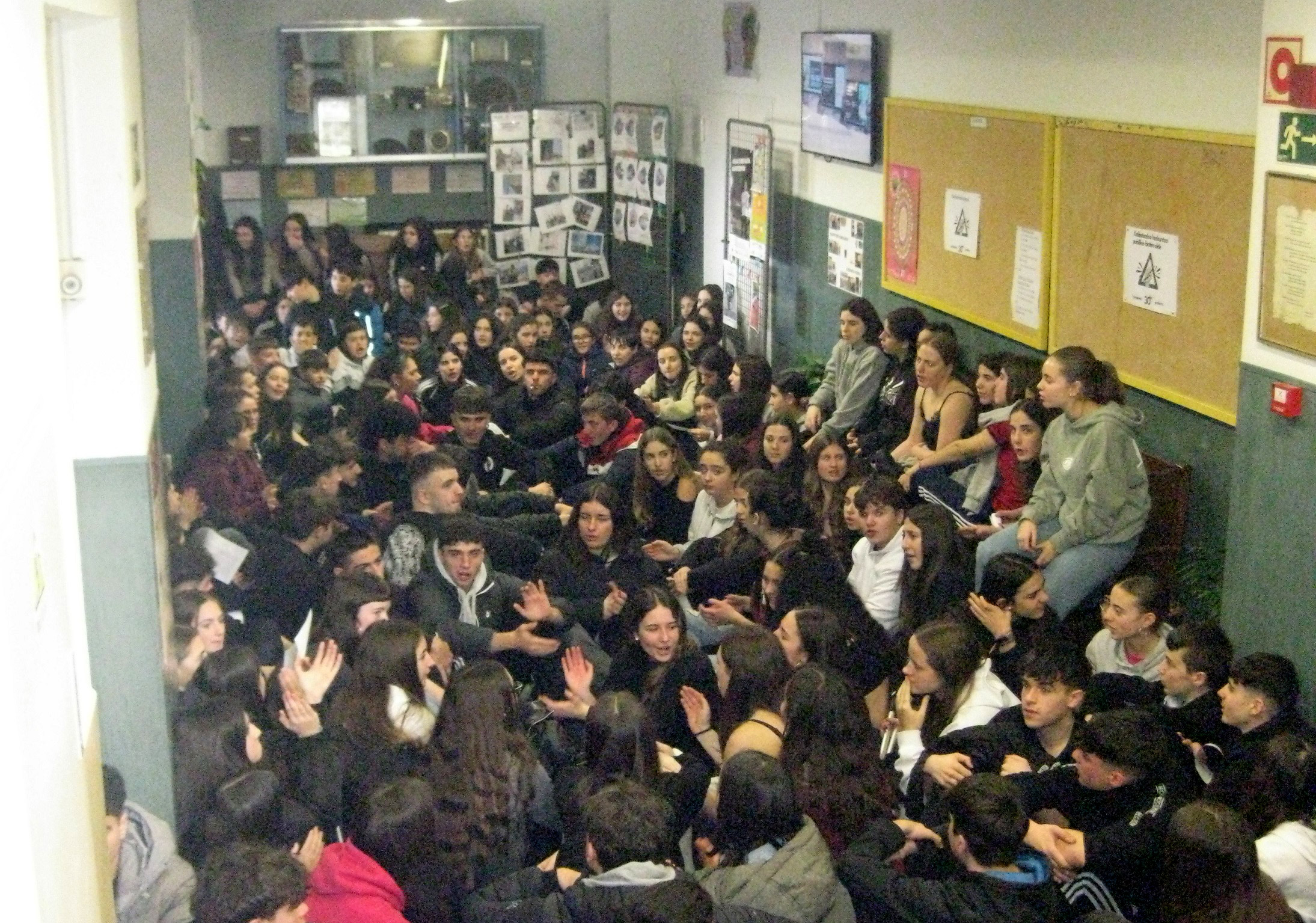Megaupload, culture and acricism

They first closed Napster and I didn't say anything because I didn't use Napster. Then they closed Audiogalaxy and I didn't say anything because I didn't tell the user. They took Kazaa to court, and I didn't say anything because I was dropping the files with another service. When they came to close Megaupload, there was no one left to say anything. Or, wait, everybody was talking about Megaupload's lockdown. When we reach the gates of the World War – it is not a hyperbole, a message that has spread a lot on Twitter says: “Grandfather, grandfather... how the III started. World War? Well, look, one day the FBI closed Megaupload and...”
Okay, the cultural industry of the 20th century has a great courage to promote this kind of witch hunt against the cultural industry of the 21st century. Facilitating the exchange of files should not be a crime; publishers, record labels, mafias who manage copyright, political authorities and dogs should understand – yes, dogs also have the ability to understand things with a slow explanation – that the Internet definitely changed the rules of the game and that they cannot continue their rigged business model until the prophecy is filled and the world is broken.
But we also have to look to the account with a certain perspective, because nothing else to close Megaupload has spread on social networks the demands of culture – how to say so as not to offend anyone, ah, I know, I will ironize – illustrated. In the photo that illustrates this article you have Kim Schmitz, the head of Megaupload, and in the inn he has it is seen that he has always been called to be a librarian of Alexandria – I am still ironic, just in case.
What I mean – now seriously – is that what we are seeing is a conflict between two cultural industries: On the one hand, the industry managed to implement its business model before universalizing the use of the Internet and, on the other, the one that is enriched with current technologies. And the fact that the speeches and practices of the former have an unbearable smell of naphthalene does not justify the acricism that we often have with the latter. What is never discussed, whether it's paying or not, is: movies, songs, books... They are all products and are made for consumption. It is easy to specify the consequences that this consumption logic has for the culture, for it to be consumed it is very nice, comfortable, simple. Culture is therefore identified with standardised forms, the rules are never broken, the only question is whether or not to pay.
Well, I am not interested in the debate, I translate Gil Scott-Heron to this day and I will just add: the revolution cannot be downloaded in SeriesYonkis.
Vagina Shadow(iko)
Group: The Mud Flowers.
The actors: Araitz Katarain, Janire Arrizabalaga and Izaro Bilbao.
Directed by: by Iraitz Lizarraga.
When: February 2nd.
In which: In the Usurbil Fire Room.























